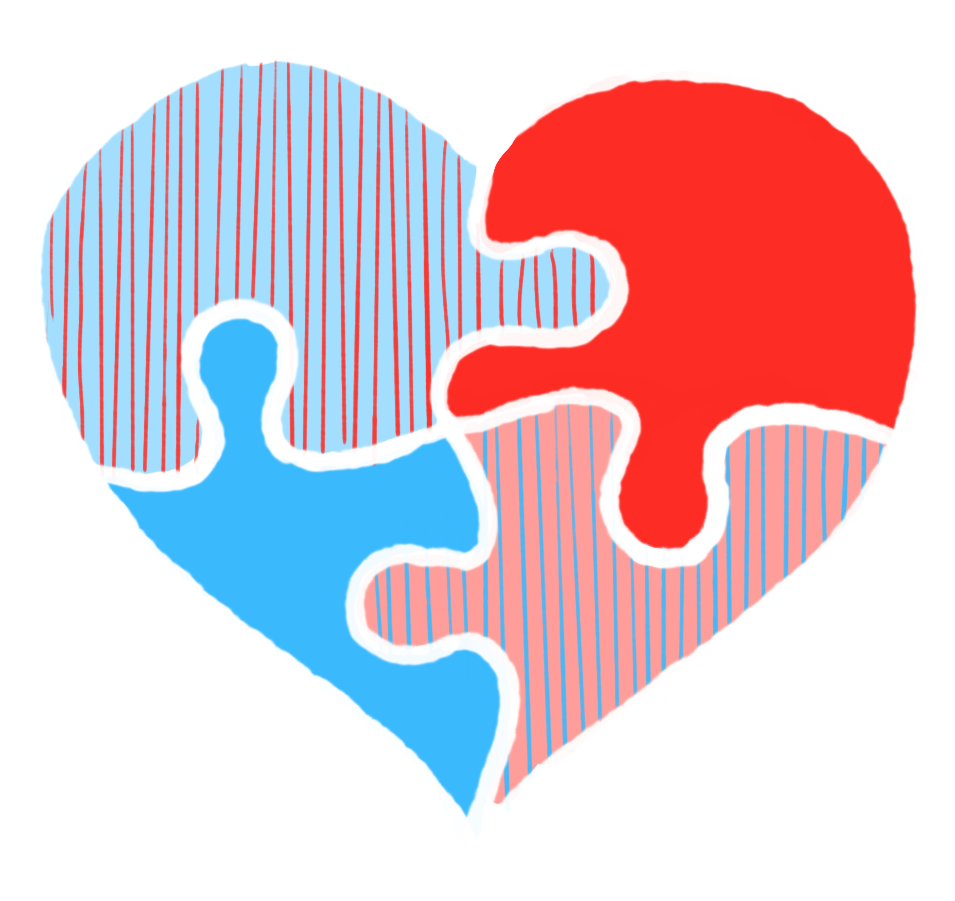Would you like to know how having an anorectal malformation or Hirschsprung's disease can influence your child's sexual development and how you can support your child with this? This website provides an overview of the different stages of sexual development, possible problems that may occur during these stages and how to deal with them.
Being a 'normal' child
Of course, you want your child to be able to be an 'ordinary' child as much as possible despite the condition. You want your son/daughter, just like classmates and friends, to be able to play carefree, go out and go on school trips. Information on how to support your child with this may be found via patient organisation websites and via other informative websites. On this website we specifically discuss the sexual development of your child.
How can an anorectal malformation or Hirschsprung’s disease affect your child's sexual development? What can you encounter and what can you do as a parent? We outline the development per age stage, show what the differences are with other children and propose solutions. You can read more about child sexual development phases in the information brochure on sexual development in children from 0-18 years (in English) developed by the Rutger's Knowledge Centre on Sexuality in the Netherlands (brochure also available in Turkish and Arabic) and in the information books by Sanderijn van der Droef (translated into various languages).
Tips for you as a parent and caregiver
As a parent of a child with an anorectal malformation or Hirschsprung's disease, you may not only be a mother or father, but also a caregiver who may perform (sometimes uncomfortable or painful) medical procedures: administering colon flushes, medication and so on. You play a double role, as it were; that is unavoidable. Be aware of that role. A few tips:
- As a parent, do you have problems with the medical procedures you have to perform? Discuss it with the practitioner. He/she can think along with you or ensure that you receive the right support, for example from a pedagogical worker, psychologist or a nurse.
- Does your child have problems with the medical procedures you perform on him/her? See if it is possible to carry out these activities not in your child's own room, but always in a separate room. Your child's own room will then remain a 'safe' room, where he or she will never have to think about uncomfortable medical procedures.
Want to know more?
About (advice) on stretching the anus [Information in Dutch and can be translated]
About (advice) on colon flushes [Link in Dutch, Open the link in Google Chrome and make use of the translation function to translate the website: See browser settings - Languages]
PARENTS/CAREGIVERS




